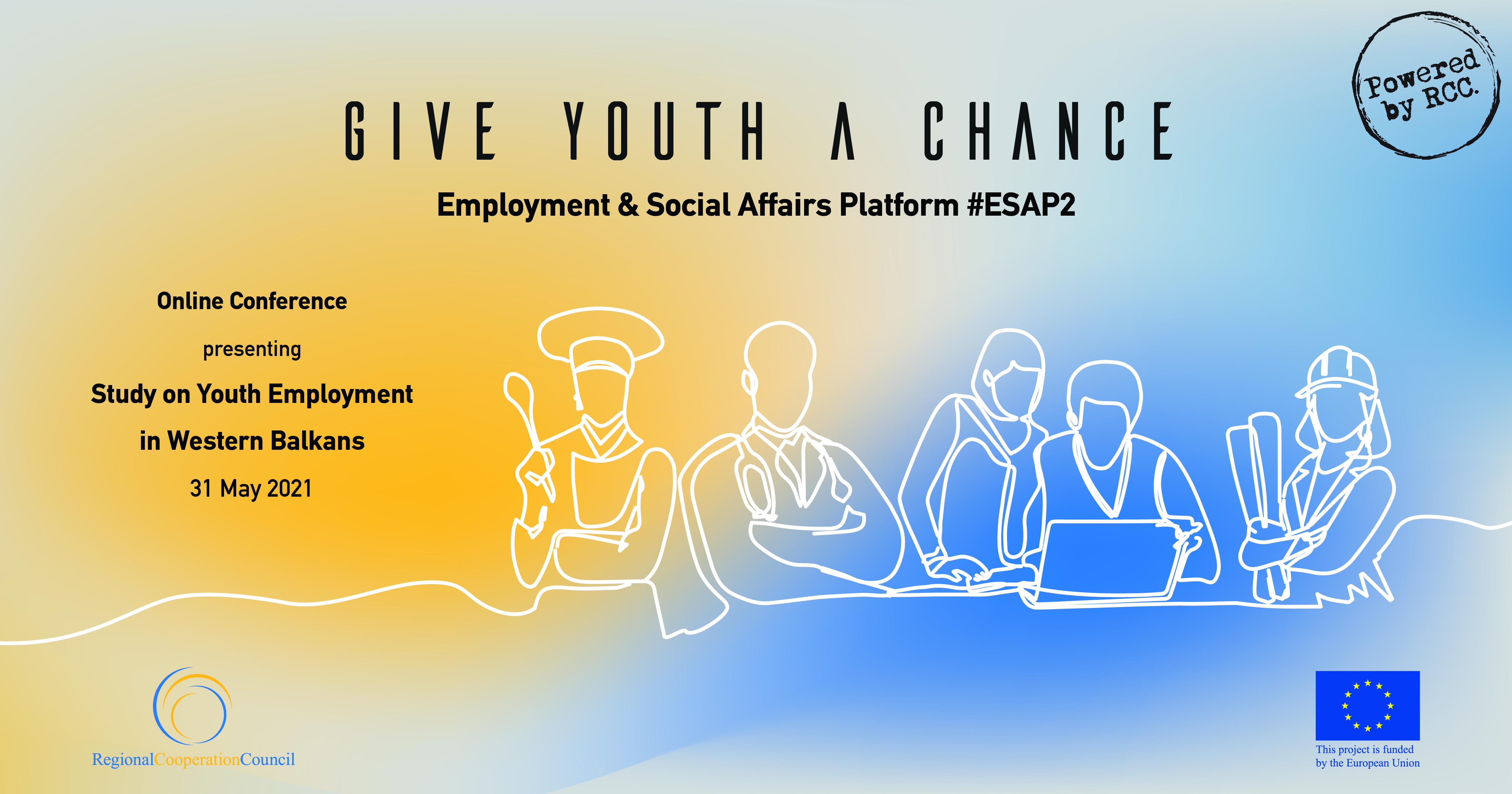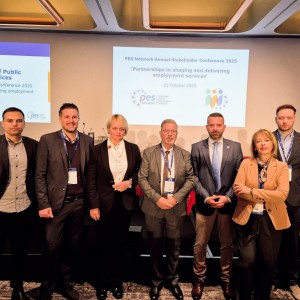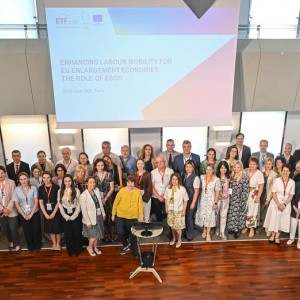Bregu: With regional youth unemployment rate at 35.1% the need to act is clear, as youth is our most precious asset


RCC’s ESAP Project presents Study on Youth Employment in the Western Balkans
Sarajevo/Online – “Youth and jobs has not been a good combination in the Western Balkans for some time. The average regional youth unemployment rate in 2020 was 35.1%, which is more than double the European Union (EU) rate of 16.9%. Some of it can be blamed on the COVID 19 pandemic that stopped job creation, but changing the situation with youth unemployment requires eliminating the cause of the problem, not just dealing with the effects”, Majlinda Bregu, Secretary General of the Regional Cooperation Council (RCC) said, welcoming the participants of the “Give Youth a Chance” conference, organised by the RCC-implemented EU-funded Employment and Social Affairs Platform 2 (ESAP 2) project to present its Study on Youth Employment in the Western Balkans.
“In 2020, youth employment was below 27% in all Western Balkan six and there is also a sizeable gender gap, where employment rates for young women average at 14.5 %, against 24.8% for young men. The need to act is clear, as youth is our most precious asset. To change things, we do not have to reinvent the wheel but rather make a vehicle using the available wheels, in this particular case the Youth Guarantee scheme in the Western Balkans, modelled on the its EU namesake, which helped millions of young Europeans to get either good quality employment offer, continued education, apprenticeship or traineeship within a period of four months of becoming unemployed or leaving education. I’m positive we can do this together, for better economies, for our better future,” added Bregu.
Jordi Curell Director of the Directorate General for Employment, Social Affairs and Inclusion (DG EMPL) of the European Commission, highlighted that “a society which doesn’t give hope and offer opportunities to its youth is a society without future”. He added that the EU was ready to support the development of youth activation programmes through support for Youth Guarantee schemes in the region, along the lines of those already implemented in the EU Member States, through instruments like Instrument for Pre-Accession Assistance (IPA), concluding that the EU is looking forward to seeing new solutions and perspectives for young people in the Western Balkans.
Amira Ramhorst, Team Leader of the ESAP 2 project during the presentation of the RCC ESAP Youth Employment Study highlighted that youth employment was below 27% in all six Western Balkan economies (WB6) in 2020, with the regional average of 20%, compared to 31.4% for the EU 27. There is a sizeable gender gap, with employment rates for young women average in the region at 14.5 %, against those for young men of 24.8%. The proportion of young people neither in employment nor in education or training (NEET) averages 23.7% in the Western Balkans, compared to 11.1% in the EU27. Gender gaps in employment, high level of NEETs are among key development challenges.
Professor William Bartlett, Lead Study editor and analyst, presented the possible path to the Youth Guarantee in the Western Balkan economies, tailored to each economy context consisting of several phases including: Awareness raising, and Political Commitment; Mapping and institutional and policy design; Outreach to unregistered youth Not in Employment, Education or Training (NEETs); Operational preparation; Pilot programmes; and Full implementation.
Gjorgi Tasev, Youth and Youth Policies Adviser to the Prime Minister, presented the experience North Macedonia, the first economy from the WB that has introduced the Youth Guarantee (in 2018), which resulted in an almost 8.9% reduction in the share of long-term youth unemployment between 2017 and 2019. Further on, the participants discussed situation with youth employment on the labour markets and government policies and plans in that regard, and experiences of the young people from the region on their job pursuit.
The event was moderated by Ognjen Markovic, Project Expert at the RCC’s Western Balkans Youth Lab Project that took and active part in organisation of today’s event. It gathered close to 50 representatives of the ministries of labour and other ministries in charge of labour and youth employment issues from six Western Balkan economies, representatives from the EU Directorate General for Employment, Social Affairs and Inclusion, guests from International organisations, partners in this project – International Labour Organization (ILO) and European Training Foundation (ETF); and youth representative from across the region.


